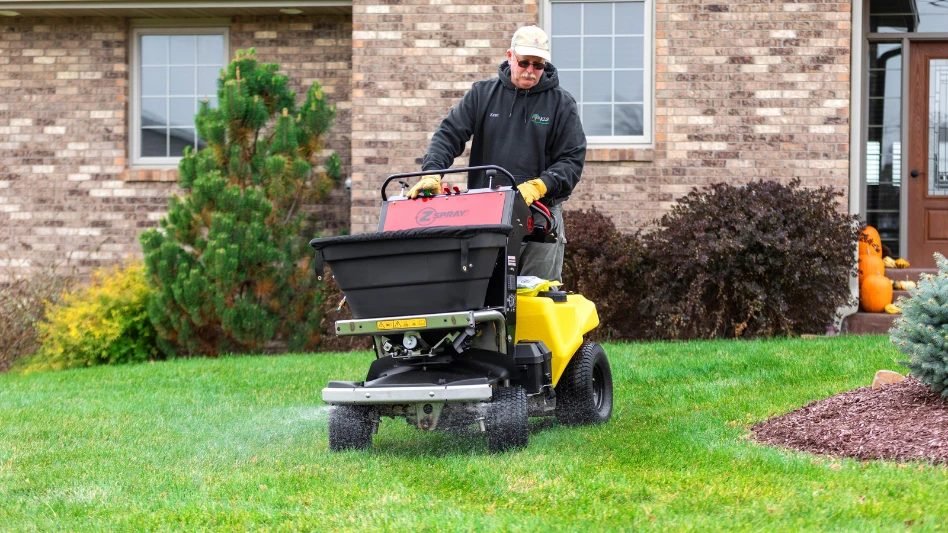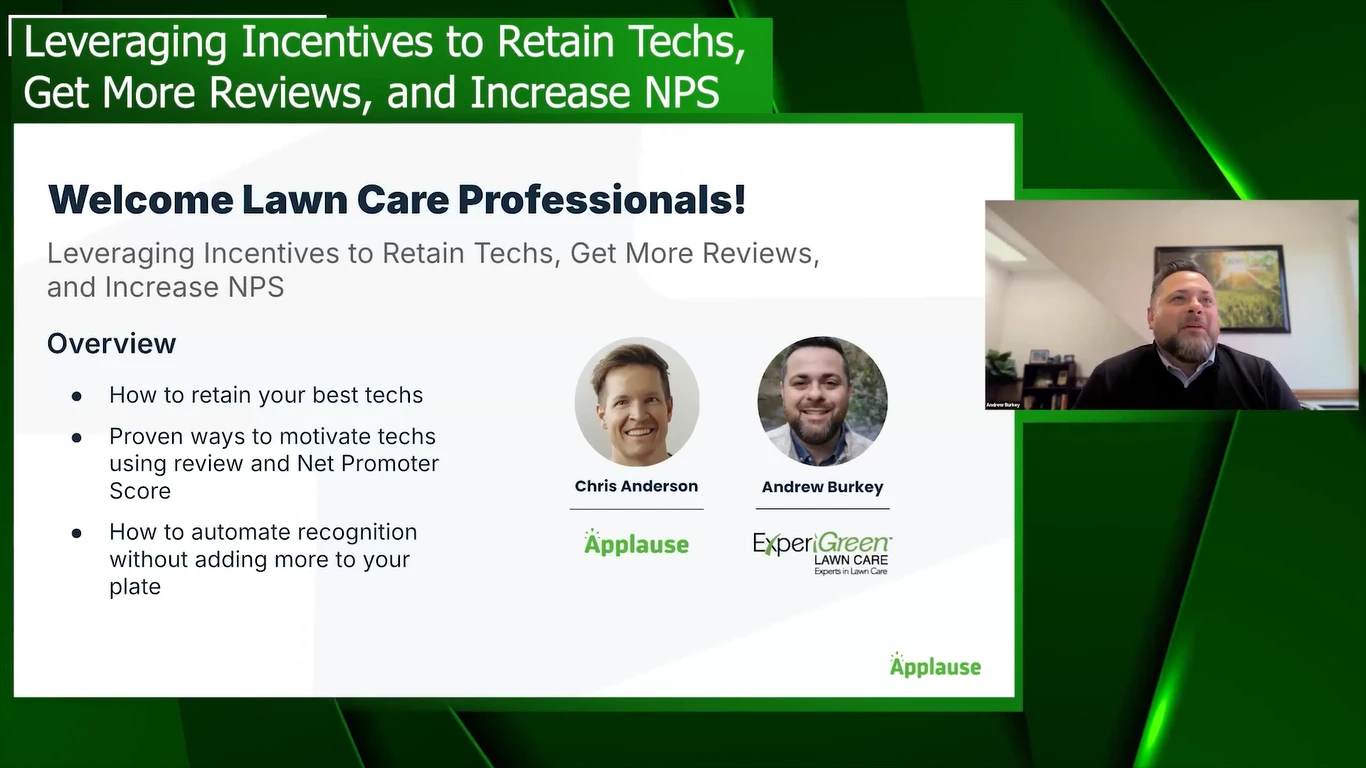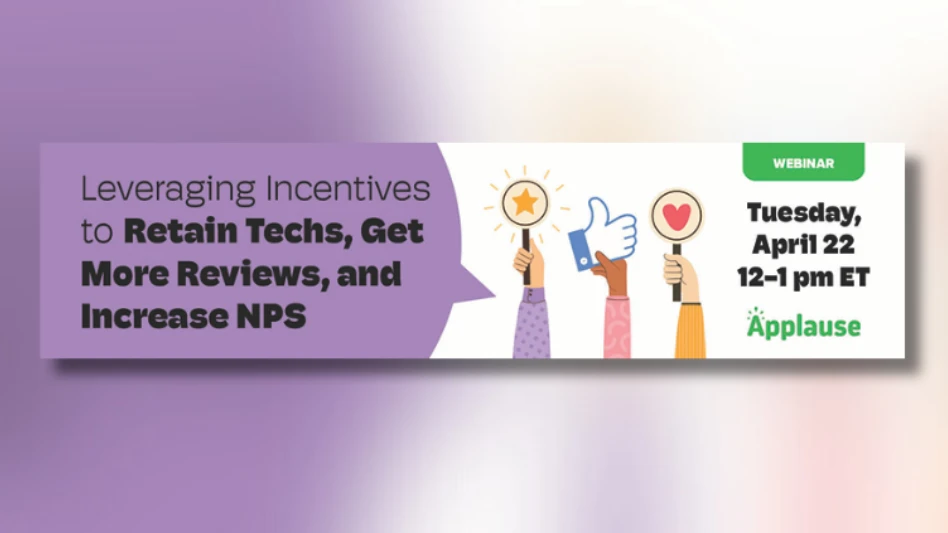

As we thaw out of winter, homeowners are once again looking forward to venturing back out to enjoy their outdoor living spaces. But the warmer season ahead also attracts the return of mosquitoes to those landscapes as well. The type of mosquito season we can expect for this year is by and large based upon rainfall.
“The more rain you’ve got, the more mosquitoes in general,” says Joe Conlon, technical adviser of the American Mosquito Control Association.
According to the 2019 National Climate Report, that year was abnormally wet for much of the central U.S. with many states exceeding their record for total annual precipitation. 2020, according to an updated version of the report, was also above average.
“Where you had record rainfalls, you had totally new mosquito breeding habitats and they took advantage of it. It could happen as little as one town over, and you could have a serious problem due to rainfall in that area. You may have mosquitoes coming into your yard from elsewhere, but there are things you can do to be sure you’re not breeding them there yourself,” Conlon says.
“Where you had record rainfalls, you had totally new mosquito breeding habitats and they took advantage of it.” Joe Conlon, technical adviser, American Mosquito Control
Push maintenance services.
You don’t need to turn to sprays right away to control a mosquito problem. Basic services that you likely already offer can be effective in reducing mosquitoes.
“Mosquitoes are adept at hiding from direct sunlight because they dehydrate easily. So, bushes and weeds are classic places for mosquitoes to rest during the day. If you trim those down low or get rid of those, you’re also cutting down on your issues with mosquitoes,” he says.
Ponds, water features and pools must also be properly maintained to discourage mosquitoes from breeding there. When the water is flowing, mosquitoes won’t breed in it. If pools are properly maintained, mosquitoes won’t breed there, either. Although the chlorination won’t kill the mosquito larvae itself, it will kill the bacteria and diatoms in the water that they eat, so you can starve them out. In ponds, mosquitoes love algae mats and emergent vegetation, so keeping those to a minimum is key.
Utilize your resources.
If you need to use products, LCOs can apply pesticides to foliage as a barrier treatment. Which type of pesticide to use and how to use it becomes the critical questions for achieving safe and effective mosquito control. Conlon suggests maintaining a liaison with the local mosquito abatement district to help figure that out. They can identify what species are in the area and what special considerations there are in treating those species. They can also tell you if there are any issues with developing resistance, which may determine the class of pesticide you choose. In many cases, they may be able to provide mosquitofish to use in your pond for free.
“I have found over the years that mosquito abatement districts do not consider the commercial applicator as the enemy or a competitor. What they don’t want is them poisoning the well, so to speak, going out there and using pesticides improperly. They are more than happy to help out,” Conlon says.

Educate Homeowners.
Mosquito abatement districts and lawn care companies often get called to task for polluting the environment. LCOs can reassure their customers that a lot of research and about $250 million goes into developing how much of each pesticide should be used for it to be effective yet not harmful, Conlon says.
“Most pesticides have a 1,000 times safety factor built into them by law, meaning you would have to spray more than 1,000 times the amount on the label before human health would be a concern,” he says.
Overapplication at any rate can cause environmental harm. On the other hand, under-use of pesticides is in some cases even worse because it also creates resistance.
Applicators should only use pesticides in accordance with the label, he says. It is a legal document which outlines exactly what rate to apply the chemicals to eliminate mosquitoes while also protecting humans, animals, pollinators and other beneficial insects that may come into contact with it as well.
“People need to understand there is no silver bullet out there,” Conlon says. “Mosquitos are a natural part of our environment and you have to do something decidedly unnatural to get rid of them.”

Explore the March 2020 Issue
Check out more from this issue and find your next story to read.
Latest from Lawn & Landscape
- PERC helps debut propane direct-injection fuel system at ACT Expo 2025
- Retargeting Ads – A Secret Weapon for Growing Your Lawn Care Business
- Leading a growing company
- Project EverGreen launches Clean Air Calculator
- Rain Bird acquires smart lawn care company OtO from Toronto
- PBI-Gordon names Marvin as VP of research and development
- Mean Green rolls out Vanquish Autonomous mower
- Focal Pointe launches new podcast series





